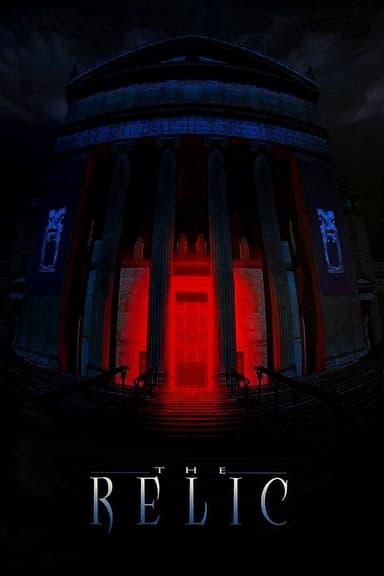
Wolfen
1981 • Horror, Thriller • R
A New York City cop and an expert criminologist trying to solve a series of grisly deaths in which the victims have seemingly been maimed by feral animals discover a sinister connection between the crimes and an old legend.
Runtime: 1h 55m
Why you should read the novel
Before pressing play on Wolfen (1981), experience the source that started it all: The Wolfen by Whitley Strieber. The novel delivers a relentless, atmospheric urban horror that cinema can only hint at, immersing you in the predators’ shadowed world and the city’s decaying edges.
Strieber’s book blends razor‑sharp police procedural detail with evolutionary dread, crafting an intelligent predator species that feels chillingly plausible. The characters’ inner lives, the forensic texture, and the slow-burn investigation create a depth of fear and fascination you won’t find on screen.
If you love gritty crime thrillers, smart horror, and immersive world‑building, read The Wolfen. Discover the original vision—unfiltered, unsettling, and unforgettable—before or instead of watching the movie adaptation.
Adaptation differences
The biggest book‑to‑movie difference is the creatures themselves. In the novel, the Wolfen are a highly intelligent, non‑supernatural predator species evolved to hunt on the margins of human society. The film reframes them with mythic and spiritual overtones, leaning into urban folklore and Indigenous associations, shifting the threat from zoological plausibility to metaphysical ambiguity.
Focus and targets diverge, too. The book’s victims skew toward society’s vulnerable and forgotten, underscoring themes of urban decay and predation in plain sight. The film pivots toward high‑profile killings tied to development and power, transforming the conflict into a territorial and political confrontation in a changing New York.
Characters and investigative methods change. The novel pairs two NYPD detectives—George Wilson and Becky Neff—whose procedural legwork, forensics, and tactical ingenuity drive the case forward. The movie centers on Detective Dewey Wilson alongside criminal psychologist Rebecca Neff, adding psychological profiling, cultural symbolism, and mystical hints that steer the inquiry away from the novel’s grounded, evidence‑driven approach.
Tone, imagery, and endings diverge notably. The film’s signature thermal predator vision and stylized soundscape create a hypnotic, mythic mood and culminate in a tentative truce predicated on acknowledging territory. The book maintains a harder‑edged procedural horror, building to a direct confrontation and an unsettling aftermath in which knowledge is contained, the species endures, and the city returns to its fragile status quo.
Wolfen inspired from
The Wolfen
by Whitley Strieber











